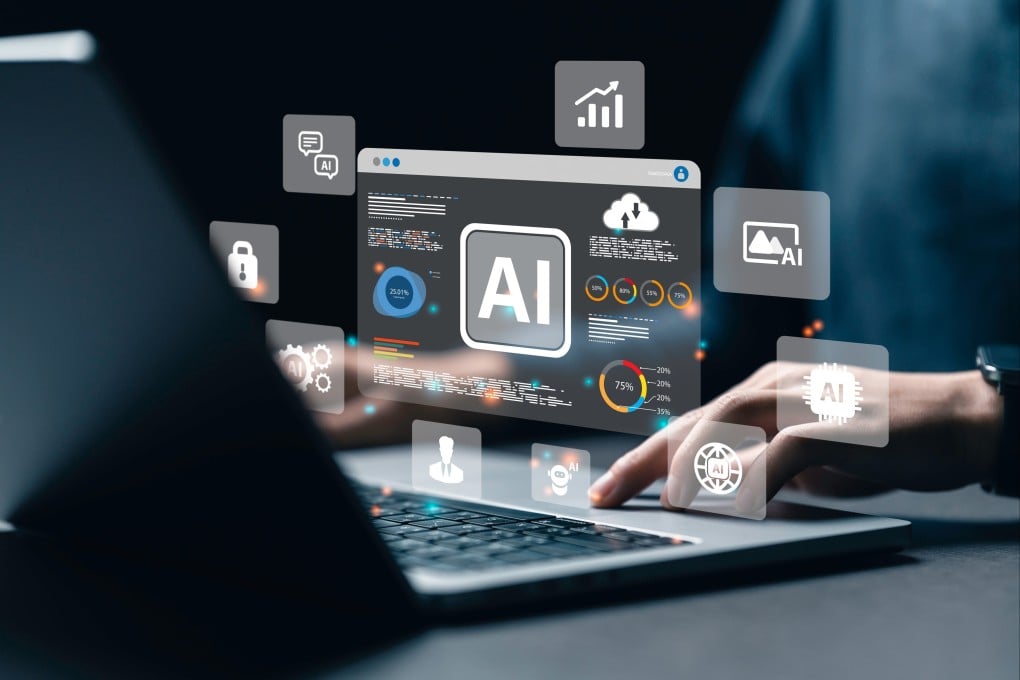Advertisement
Asia-Pacific’s advanced economies lag their less-developed peers in AI take-up, Deloitte survey finds
- Mainland China, India, and Southeast Asia have a 30 per cent higher share of GenAI users than Japan, Taiwan, Singapore, South Korea and Australia
- Using generative AI saved each user almost a day per week and freed up time to learn new skills, the study found
Reading Time:2 minutes
Why you can trust SCMP

Developing economies in Asia-Pacific are putting generative artificial intelligence (GenAI) to use at a greater pace than their more advanced neighbours, according to a recent study by Deloitte.
Advertisement
Mainland China, India, and Southeast Asia have a 30 per cent higher share of GenAI users compared to Japan, Taiwan, Singapore, South Korea, Australia and New Zealand.
Employees from developing economies are also embracing AI with more enthusiasm, reflecting populations that have a greater percentage of “digitally native” people, according to the report.
The study, undertaken in February and March by Deloitte Access Economics, surveyed almost 3,000 university students and about 9,000 employees across 13 locations in the Asia-Pacific region.
Though the rapid adoption of AI will not directly eliminate jobs, the impact will be felt by businesses that fail to adapt, warned Chris Lewin, AI and data capability leader at Deloitte Asia-Pacific.
“Their employees, and in particular talent new to the workforce, will be drawn to rival businesses offering AI applications that are capable of redrawing the future of modern work,” Lewin said.
Advertisement

Advertisement
